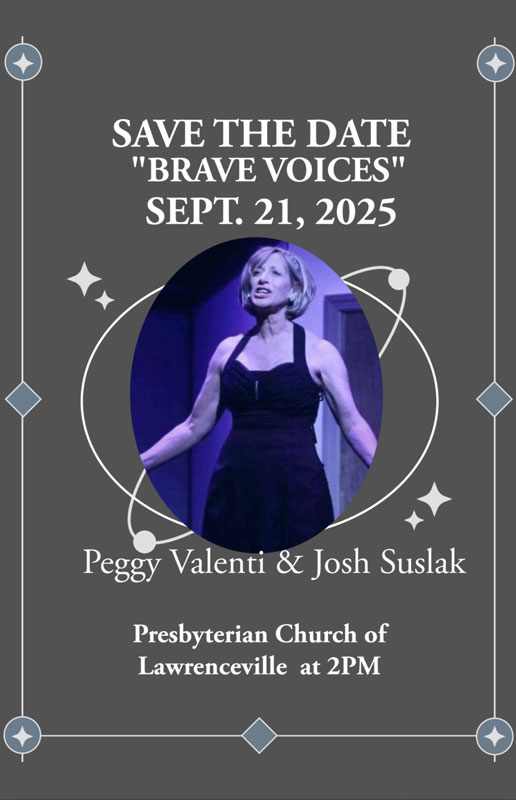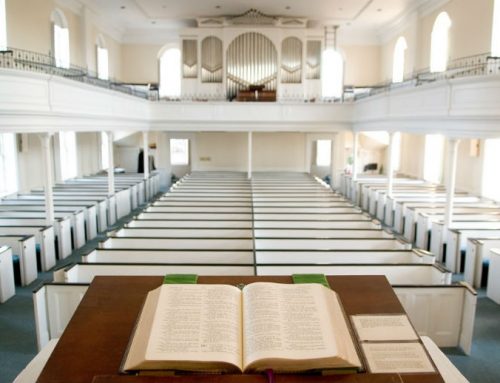 Reading and the Moral Imagination (September 22-October 6)
Reading and the Moral Imagination (September 22-October 6)
Rick Osmer and Kristie Finley
How does reading affect our ability to think and act morally? How can we encourage children and youth to explore their moral universe through reading? And how does popular fantasy literature like the Harry Potter books spur this kind of exploration? In the Lounge.
Week 1: Why Reading is Important in an Age of Cyber-Culture
As young people spend more and more time interacting with new media, “deep reading” is becoming imperiled. This session helps parents and grandparents understand the important role of reading in an age of cyber-culture, giving special attention to the ways it shapes the moral imagination.
Week 2: Cultivating a Love of Reading from the Beginning
This session explores some of the ways parents and grandparents can help their children/grandchildren love to read from the very start of life. Participants are asked to bring a favorite book that they loved as a child and one that their children loved.
Week 3: Good Fantasy Literature Can Shape the Moral Imagination: Harry Potter and Beyond
This session focuses on Osmer’s empirical research in a project called Growing Up with Harry Potter, which has gathered interviews of 93 young adults who were avid readers of the HP series as children and teens. It describes some of the ways fantasy literature shapes the moral imagination and how parents and grandparents can talk to their children/grandchildren about the books they are reading.
Rick Osmer is a member of PCOL and the Thomas W. Synnott Professor of Christian Education at Princeton Theological Seminary. He is the author of numerous books and articles.
Kristie Finley is in her fourth year of a dual-degree program focusing on Christian Education at Princeton Theological Seminary. She has a master’s degree in parenting education and support from DePaul University. Kristie’s work with youth and families has created a passion for intergenerational education and the need to address the varied learning styles within a diverse group of learners. She and her husband, Paul, have four adult children.
Peacemaking Forum: Personal Responsibility (October 13)
Paul Winkler
What makes it possible for a person resist evil in society despite risk to herself or himself? Dr. Paul Winkler, an expert on the German Holocaust, offers some surprising answers in an adult forum on individual responsibility in preventing genocide, racism, sexism, etc. Please join us for the presentation and interactive discussion on October 13 beginning at 11:15 am after the worship service.
Faith in Crisis: Luther and the Search for Certainty (October 20-27)
Bob Sinner and Dana Fearon
“For by grace you have been saved through faith. And this is not your own doing; it is the gift of God.” –Ephesians 2-8
“Believe It, and You Have It [salvation] –Martin Luther
Martin Luther was not your average medieval monk. Though extremely devout, he lived in constant terror that he was beyond salvation. How could he ever merit God’s love and approval? He could not! What then? He found hope at last in the epistles of St Paul, particularly Romans 1: 16-17: “The righteous shall live by faith.” His faith led him to defy pope and Emperor and start a religious revolution. Join us as we explore what led Luther to unintentionally ignite the Reformation.
< Watch for teaser postings on the church website starting in September >
The Character of God in the Old Testament (October 20-27)
Jacqueline Lapsley
Week 1 (October 20): Who is God, for the writers of the Old Testament, and for us? In this session, we will look at some key Old Testament texts in the Pentateuch and the Prophets in order to understand the enduring character of God.
Week 2 (October 27): In this session we will consider the character of God in light of the violence depicted in the books of Joshua and Judges. How does the command to exterminate the peoples of the land, and the way it plays out in these two books, affect our understanding of the character of God?



